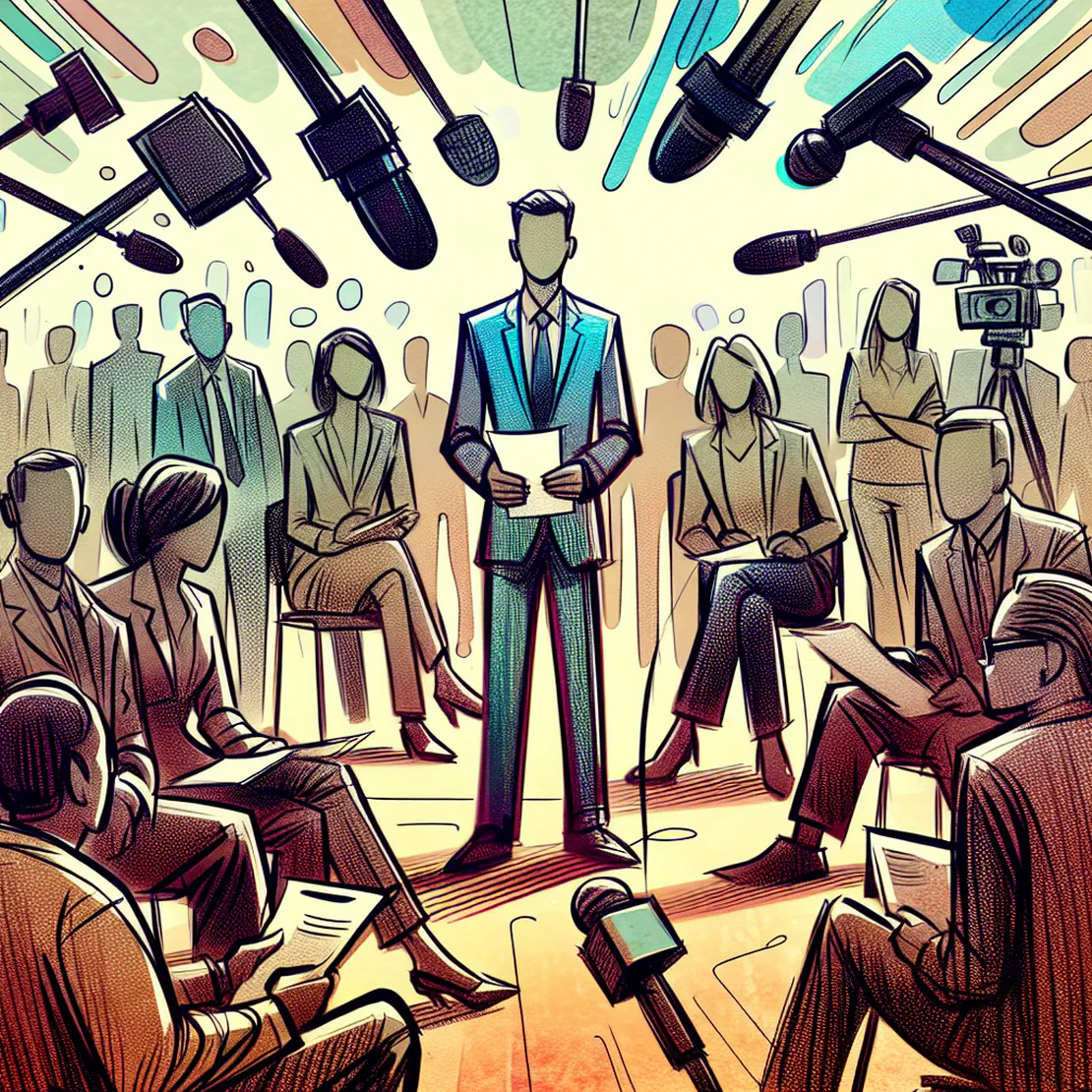
Is AI overrated or underrated?
- Planet Money
- Ai , Economy , Productivity , Humans , Technology
- September 11, 2024
Table of Contents
At a Glance
- AI Limitations - “Even the jobs AI was supposed to be good at, it’s having big problems.” The conversation highlights the limitations and errors of AI in various tasks.
-
Economic Impact - “AI will impact less than 5% of human tasks in the economy” The economic analysis suggests that AI will have a minimal effect on productivity and growth.
-
Human Capabilities - “Humans are just way more capable and impressive than these machines.” The conversation emphasizes the importance and versatility of human skills.
-
AI Exaggerations - “People claim that AI is getting like exponentially better, but there’s actually mounting evidence that improvements to AI may be slowing down” The discussion debunks the idea that AI is improving at an exponential rate.
What to Do
Here’s the best advice pulled from the conversation:
-
“Don’t knock it till you’ve tried it.” - This phrase suggests that before dismissing an idea or a suggestion, one should consider trying it out to see if it works. In this case, someone was hesitant about AI adding bacon to their ice cream, but the speaker encourages them to be open-minded.
-
“Humans still have to be there though.” - This advice emphasizes the importance of human oversight and involvement in the work that AI is doing. It suggests that while AI can assist with certain tasks, humans need to be present to ensure that everything runs smoothly and correctly.
-
“People claim that AI is getting exponentially better, but there’s actually mounting evidence that improvements to AI may be slowing down.” - This advice cautions against overestimating the capabilities of AI. While AI has made significant progress in recent years, its development may not be as rapid as some people think.
-
“It’s not AI that’s underrated. It’s humans that are underrated.” - This phrase suggests that humans often underestimate their own abilities and potential. As a therapist, this advice would encourage individuals to recognize their strengths and capabilities.
-
“Keep dreaming.” - This final piece of advice encourages people to maintain a sense of optimism and possibility. Even in the face of challenges or setbacks, it’s essential to hold onto hope and keep working towards one’s goals.
What to Get
-
Microchip supply chain - Studying problems with the microchip supply chain and its impact on AI development.
-
AI systems/data centers - Creating data centers and paying power bills to run AI systems, which may be running out of data to train their systems.
Summary
The episode discusses the limitations and potential impact of artificial intelligence (AI) on the economy. The hosts, Darian Woods and Greg Wazowski, explore how AI is not as powerful or accurate as people think it is. They cite examples of viral videos showing AI making ridiculous errors, such as adding unnecessary items to orders or suggesting bizarre combinations like bacon with ice cream. These mistakes highlight the limitations of current AI technology.
The conversation turns to an academic paper by Doron de Rhone, which analyzed the potential effects of AI on the economy over the next decade. De Rhone found that generative AI will barely touch certain sectors of the economy, such as construction or food and accommodations. Even in office work, where AI is supposed to excel, current models are unable to perform many tasks. As a result, de Rhone predicts that AI will only impact less than 5% of human tasks in the economy, leading to mild cost savings but not significant productivity boosts.
The hosts also discuss the myth that AI is getting exponentially better. They argue that there is mounting evidence that improvements to AI may be slowing down due to limitations in data and the rising costs of creating and maintaining data centers. This challenges the notion that AI will revolutionize the economy anytime soon. The conversation concludes by emphasizing the capabilities and strengths of human beings, which are often underrated compared to those of machines.
In essence, this episode highlights the potential pitfalls of relying too heavily on AI technology and the need for a more nuanced understanding of its limitations and capabilities. It also underscores the importance of valuing human skills and expertise in various sectors of the economy.


